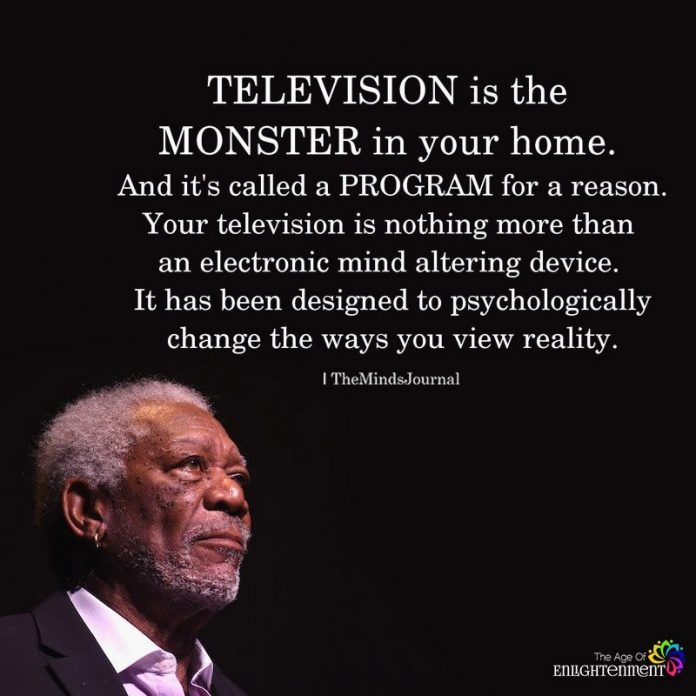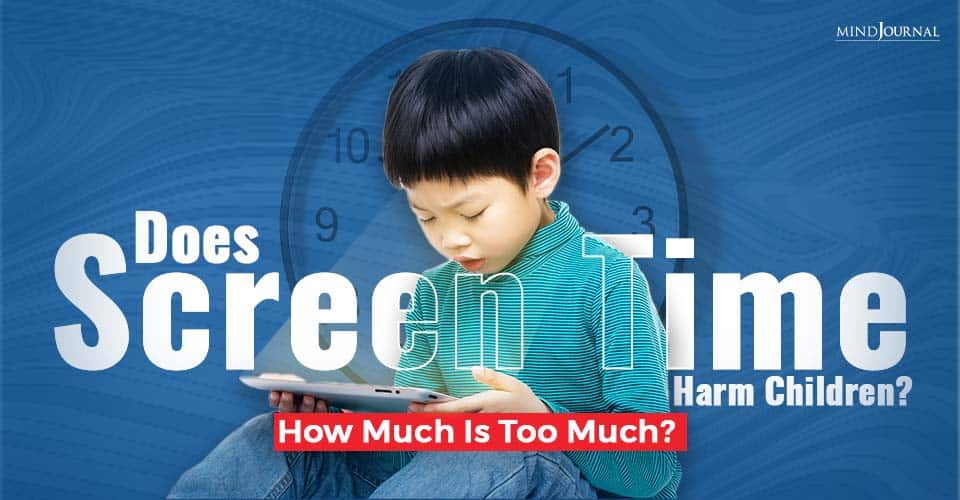It is a constant battle these days in most families. Children want to use their devices all the time. They want to watch lots and lots of television. They want to take their phones to bed with them. The first thing they do when they get home from school is surf YouTube or start gaming. It can stress even the most loving family. But how much should parents worry, if at all?
Some recently published research is shedding light on the problem and the solutions. First, here’s the really bad news. Sheri Madigan and her colleagues at the University of Calgary just published a serious look at children’s developmental outcomes at age 5 and found that children with more screen time had much worse developmental outcomes.
Developmental outcomes mean a child’s ability to meet physical and intellectual milestones in areas like communication, gross motor skills, fine motor skills, problem-solving, and social interactions.
Madigan and her team show convincingly with a sample of over 2000 children that youngsters who watch more television or are on screens of any kind at 24 months show developmental delays at 36 months, and that children who spend more time on screens at 36 months show significant delays at 60 months, even when controlling for other things like family income and gender.
Worse, children who use more screens are more delayed. In the sample, the average amount of time children were on screens at age two was 2.4 hours a day, at age three, 3.6 hours a day, and at age five it was 1.6 hours (it is interesting that children decrease their hours of screen time after age three). Those numbers don’t surprise me at all, given how common it is to see young children watching television.

A very different type of study has come to similar conclusions but paints a less troubling picture for children once they reach age 6. Neza Stiglic and Russell Viner from the University College of London’s Institute of Child Health looked at every review of the evidence they could find regarding screen time and children’s health and draw some surprising conclusions.
Also read 4 Parenting Behaviors That Damage A Child’s Self-Esteem
First, does more screen time mean more obesity among our children?
The answer is yes, with moderately strong evidence that the more children watch television, the more likely they are to be overweight and sedentary, consuming far too many calories and avoiding physical activity. That’s bad news if your child likes to watch endless reality shows or sports.
Dig a little deeper, though, and the story is more complicated. There is, it seems, insufficient evidence that overall screen time harms kids. In fact, non-television screen time may not have much of an effect on children’s physical size at all. Even more confusing for parents, there is practically no consensus on how much television is too much once children are over the age of 5.
For those 5 and under, one hour a day is likely quite enough, but for school aged children, the best parenting advice seems to be to negotiate a reasonable limit and encourage other kinds of activities (even screen time other than television).
Why this is so is unclear from the research, but any parent who has watched a teen in front of the television knows that children engage differently depending on what screen they’re watching. Online gaming, social media, or using the internet to do homework all demand much more of viewers.
Also read How To Stop Being Manipulated by Your Adult Child: Manipulative Child Behavior
Second, what about depression, suicide, and overall quality of life?
This is where the amount of time online (not just television watching) may begin to have a more negative effect on our children’s health. Several analyses of the research report that there is at least a weak association between two hours or more of screen time each day and increased levels of depression among school-aged children.
When it comes to all those problem behaviors we worry about with pre-schoolers, like hyperactivity, anxiety and poor social skills, there is evidence of a weak relationship between more screen time and increased risks for emotional and behavioral problems.
But the risk can be pretty low if screen time is controlled. For older youth, however, parents can definitely ease up on their worry. I was surprised to learn that more screen time doesn’t necessarily put school-aged children at risk for depression, eating disorders or suicide (unless of course that time online exposes children to endless online bullying).
Third, what about academic performance and the amount of sleep children get?
Here too, the evidence is remarkably weak (I’d have expected stronger results based on the stories I’ve heard from parents and educators). It seems that once again, there is only weak evidence that more than two hours of any kind of screen time a day reduces children’s academic performance or causes them to sleep less.
The takeaway message here seems to be to exercise caution as parents but not to panic if a child is online a lot. In fact, I think parents can breathe a small sigh of relief that for children over the age of 6 the risks from screen time aren’t that high. As long as your child is not watching endless television and is using their screen time to be actively engaged in some way (but not bullied) your child is likely going to make it through their childhoods with minimal difficulties.
Of course, statistics drawn from very large samples always suppress evidence of change. So in fact, even if the evidence for harm to children from screen time is overall weak, that still means that for some children the effects will be felt much worse than for others. A quick survey of all the results from studies like these suggests that commonsense is still needed.
Also read Why Sometimes Saying “No” To Your Kids Is So Important
What This Means for Parenting
For younger children, it is best not to pacify them with an iPad or smartphone. And especially not with a television. Turn off the screens altogether and encourage them to play in hands-on ways. They will benefit from the activity, social interactions, and the kinetic use of their bodies. They will also be less habituated to screens when they finally turn 6 and start negotiating for more access to online content and games.
With older children, help them to learn self-regulation. At a minimum keep control of how much television they watch. While there is no magic number, less is better. If they have to be online, encourage them to be online with others, or in activities that engage them. There is still a low risk of harm, but the harm may be less than we would expect.
Finally, remember that this is a field of science that is advancing quickly, desperately trying to keep up with changing technology and young people’s patterns of use. More studies are definitely going to be needed.
References: Madigan, S., Browne, D., Racine, N., Mori, C., & Tough, S. (2018). Association between screen time and children’s performance on a developmental screening test. JAMA Pediatrics. Doi:10.1001/jamapediatrics.2018.5056 Stiglic, N. & Viner, R. M. (2018). Effects of screentime on the health and well-being of children and adolescents: A systematic review of reviews. BMJ Open, 9. Doi:10.1136/bmjopen-2018-023191
Written by: Michael Ungar, Ph.D
Originally appeared on: Psychology Today
Republished with permission










Leave a Reply